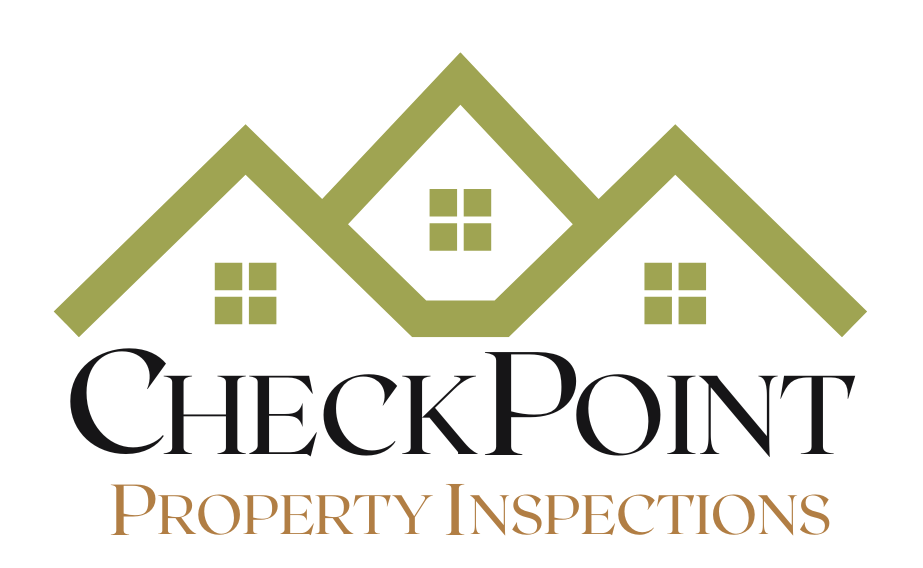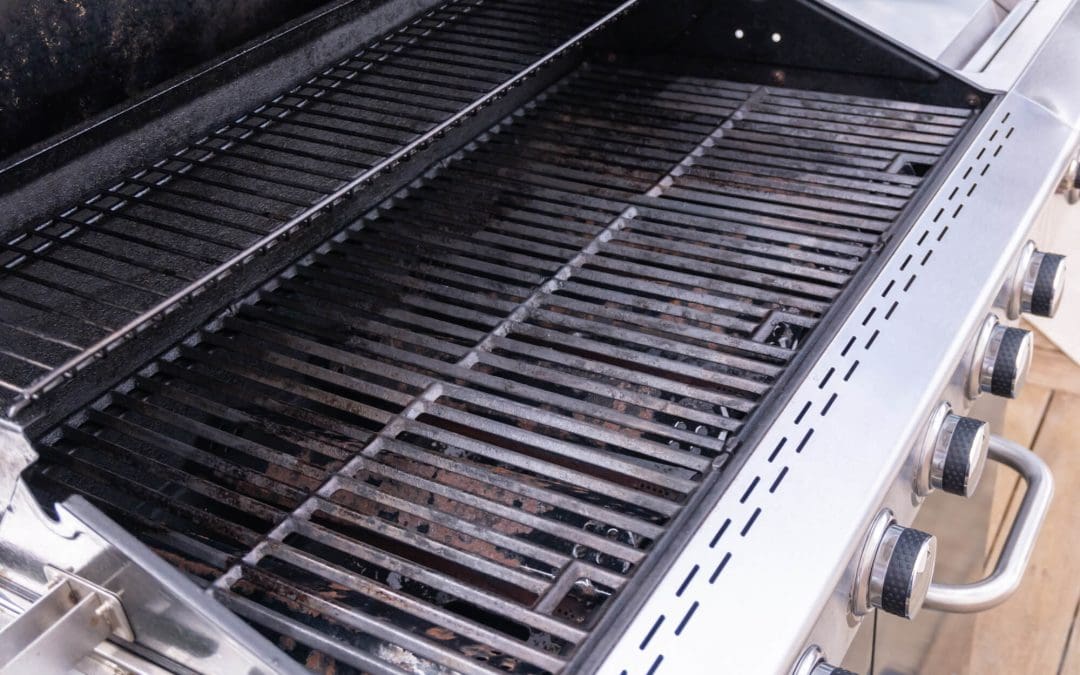There’s nothing like grilling on a warm day. The smell of food cooking over an open flame is hard to beat. But before you fire up the grill, it’s worth taking a few minutes to make sure you’re doing it safely. Grilling accidents happen more often than most people think, and many of them are easy to avoid with just a little bit of attention and care. This guide covers practical grill safety tips to keep your cookouts safe and enjoyable. From setup to cleanup, here’s what you need to know.
The First Step in Grill Safety: Start with a Safe Setup
Before you even think about lighting your grill, make sure it’s in the right spot. Grills should always be placed on a flat, stable surface away from your home, garage, deck railings, and overhanging branches. Avoid grilling under a porch or awning. It’s tempting to set up close to the house for convenience, but it’s not worth the risk. Fires can spread quickly, especially if grease flares up or hot coals get loose.
Also, take a quick look at what’s around your grill. Keep kids, pets, and foot traffic away from the area. You want a clear, open space where you can focus on the food and not worry about someone bumping into hot surfaces or tripping over the propane line.
Check Your Equipment for Grill Safety
Gas and charcoal grills both have their own set of safety considerations. If you’re using a gas grill, inspect the hose and connections for leaks. You can brush soapy water along the hose and turn the gas on briefly. If you see bubbles forming, you’ve got a leak and need to repair or replace the hose before using the grill.
Make sure all knobs and valves are functioning properly and that the lid opens smoothly. With charcoal grills, check that the base and legs are sturdy. If it’s been a while since you cleaned it, take some time to remove leftover ash or grease buildup before starting fresh.
Light It the Right Way
Always open the lid before lighting a gas grill. This helps prevent gas from building up inside, which could cause a dangerous flare-up when you ignite it. If the grill doesn’t light the first time, turn off the gas and wait a few minutes before trying again.
With charcoal, avoid using lighter fluid once the coals are hot, and never use gasoline or any other flammable liquids. Chimney starters or electric starters are a safer choice and get the job done without the chemical fumes.
Stay with the Grill
Once the grill is lit, don’t leave it unattended. It only takes a few seconds for something to go wrong—especially when grease or fat drips into the flames. Keep a close eye on what you’re cooking, and have a spray bottle of water handy for small flare-ups. For anything bigger, a fire extinguisher rated for grease or electrical fires is smart to keep nearby.
Keep in mind that grills stay hot long after the cooking is done. Let the coals cool completely before disposing of them in a metal container. For gas grills, make sure you turn off the burners and the fuel supply before walking away.
Clean After Every Use
Regular cleaning helps your grill last longer and prevents grease fires. After each use, scrape down the grates and empty the grease trap. Built-up grease can ignite the next time you light the grill and cause a dangerous situation fast. If your grill has removable parts, take them out every now and then for a deeper clean.
Store Fuel Safely
If you use propane, store tanks upright in a cool, well-ventilated place. Never keep propane tanks inside your home or garage. For charcoal, keep the briquettes in a dry area and store starter fluid away from any heat source. When it’s time to replace a tank or restock fuel, carefully handle everything and follow the manufacturer’s instructions.
Grill Smarter, Not Harder
Grilling should be fun, not stressful. A little preparation goes a long way when it comes to safety. Know your grill, take your time, and keep your surroundings in check. Most grilling mishaps are preventable with a few good habits. And once everything’s running smoothly, all that’s left is to kick back, relax, and enjoy the food.
If you follow these simple tips, your next barbecue can be safe, relaxed, and all about the food—not the flames.
Grill Safety FAQs
Can I use my grill on a wooden deck?
You can, but it’s not ideal. If you must grill on a wooden deck, make sure the grill has a stable base and use a fire-resistant mat underneath to catch any embers or grease. Keep the grill well away from walls and railings.
How do I know if my propane tank is leaking?
Apply a mix of dish soap and water to the hose and connections. Turn the gas on (without lighting the grill). If you see bubbles, you’ve got a leak. Shut everything down immediately and replace the faulty parts.
Is it okay to grill in the garage with the door open?
No. Even with the door open, grilling inside a garage is dangerous due to carbon monoxide buildup and the risk of fire. Always grill outdoors in the open air.
How long should I let the coals cool before throwing them out?
If possible, wait at least 48 hours. If you need to dispose of them sooner, soak the coals in water and place them in a metal container before tossing them.
What kind of fire extinguisher should I keep near the grill?
Look for a Class B or multipurpose (ABC) fire extinguisher. These are rated for grease fires and are safe to use on grills. Keep it nearby but out of direct heat or sun.
CheckPoint Property Inspections offers home inspections in Burlington, Vermont, and the surrounding areas. Contact us to schedule an appointment for our services.

